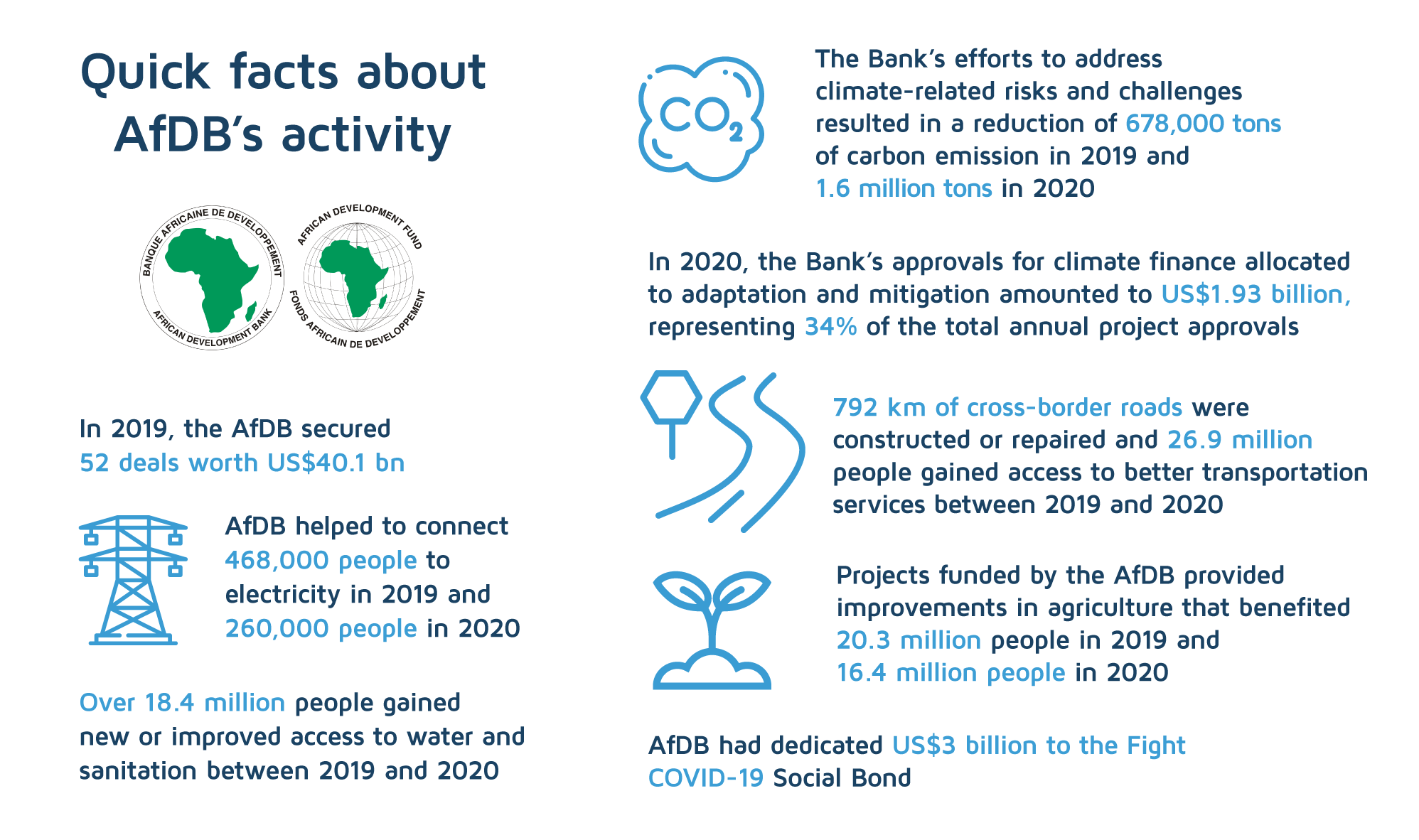

.jpg)
Spicer rejected several of the DRC’s complaints. Specifically, the complaint alleged that the ACT did not spell out plans to help the state develop achievement levels for students taking the test, but instead agreed to do so only at an additional cost and that ACT did not develop a workable plan to provide online student reports on the tests, which would cover English/language arts and math across grade levels.

One of those complaints was that the ACT did not adequately answer questions posed in the state’s initial request for proposal, but was ultimately awarded the testing contract, by a panel that evaluated company bids, anyway. The only other company to bid for the South Carolina testing contract, the Data Recognition Corporation, based in Maple Grove, Minn., protested the awarding of the deal to the ACT last fall on several grounds. The ACT will have the opportunity to appeal the decision before a statement procurement review panel later this month. Spicer, said he would allow the contract with the ACT to proceed for this academic year, noting that nixing the overall deal would disrupt statewide assessments being conducted this spring.īut Spicer said the remaining two years of testing called for in the state’s request for propsal would have to be put out for bid again. In a written ruling, the state’s chief procurement officer, Michael B. South Carolina’s top procurement official has found that the state violated its bidding laws in the process of awarding a $58 million testing contract to the ACT, and has ordered that the majority of the contract-after year one-be re-bid.


 0 kommentar(er)
0 kommentar(er)
